Eliud Kipchoge is widely regarded as the best marathon runner of all time. He’s the current Olympic champion and has won 11 of the 12 marathons he’s raced in.
Last year, the 35-year-old made history by breaking the two-hour barrier over 26.2 miles for the first time.
So how does Kipchoge train in the Kenyan highlands? Well in 2017, his preparation for the Berlin marathon - which he won in 2:03.32 - was published.
Thursday Long Runs
Kipchoge lives away from his family and any distractions in a camp with other runners. It’s a simple, almost monk-like existence that revolves around running, recovering, eating and sleeping.
The most important day of the week is Thursday - long run day. Kipchoge alternates between a distance of 30km and 40km each week. He starts slowly but then progresses to a fast pace described as ‘tempo’, and frequently does it on challenging muddy and undulating terrain.
Remember, nearly all of his training is done at altitude too.
Saturday Fartlek
The Kenyan performs a fartlek run every Saturday, doing timed intervals of hard running. These could range from around 30 one-minute reps to around four 10-minute reps.
Rest periods between intervals will be relatively short and the workout will often be done on a hilly course.
Tuesday Track
Kipchoge’s third and final high-intensity session of the week comes on a Tuesday when he’ll go to a track to do timed intervals over different distances.
The sessions usually have quite a high total volume. For example, one session in 2017 was 13 x 1km with a 90-second recovery. On that day, Kipchoge averaged 2.50 for each rep.
He will sometimes also do some 200m repetitions in around 27 seconds each, a speed far faster than his marathon pace. The purpose of these repetitions is likely to improve or maintain neuromuscular strength.
Easy runs
In between his key sessions, Kipchoge often runs twice a day and usually covers well over 100 miles in total each week.
These runs are often done at a relaxed, gentle pace but sometimes involve a progression from an easy to a moderate speed.
He’ll often follow his key sessions in the morning with a jog later that afternoon. One day, he even followed his 30km tempo run with a 10km run in 40 minutes - a very slow pace for Kipchoge.


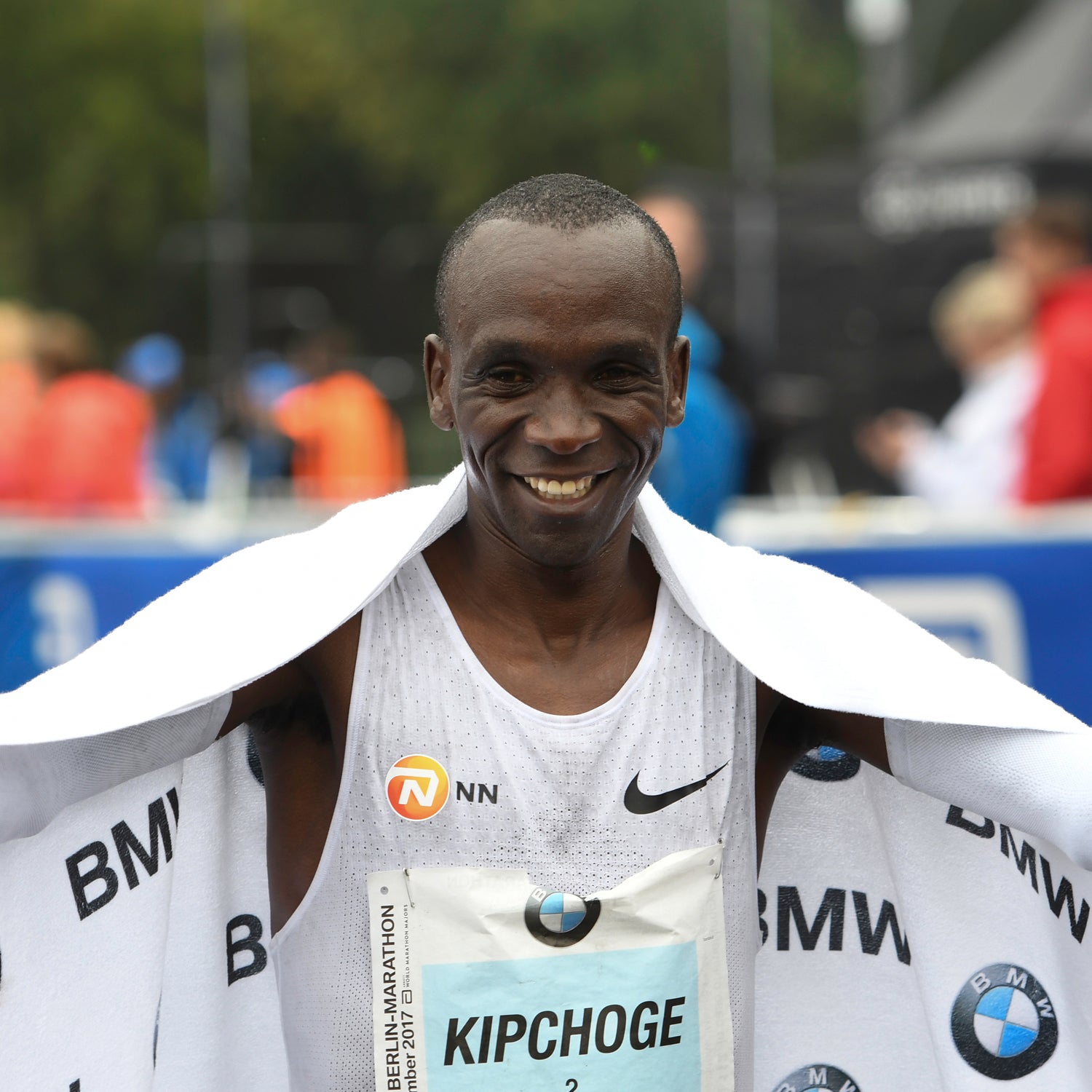












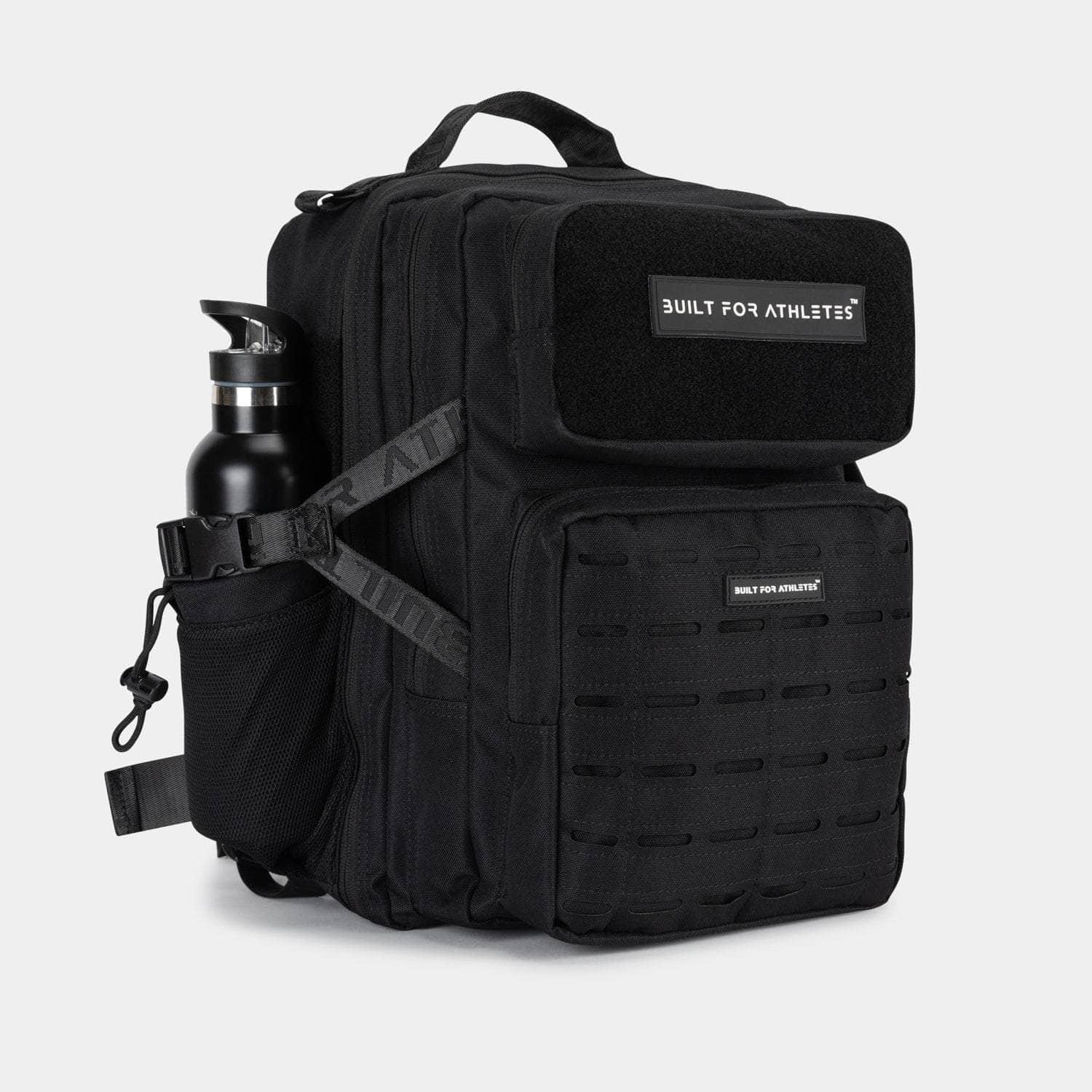






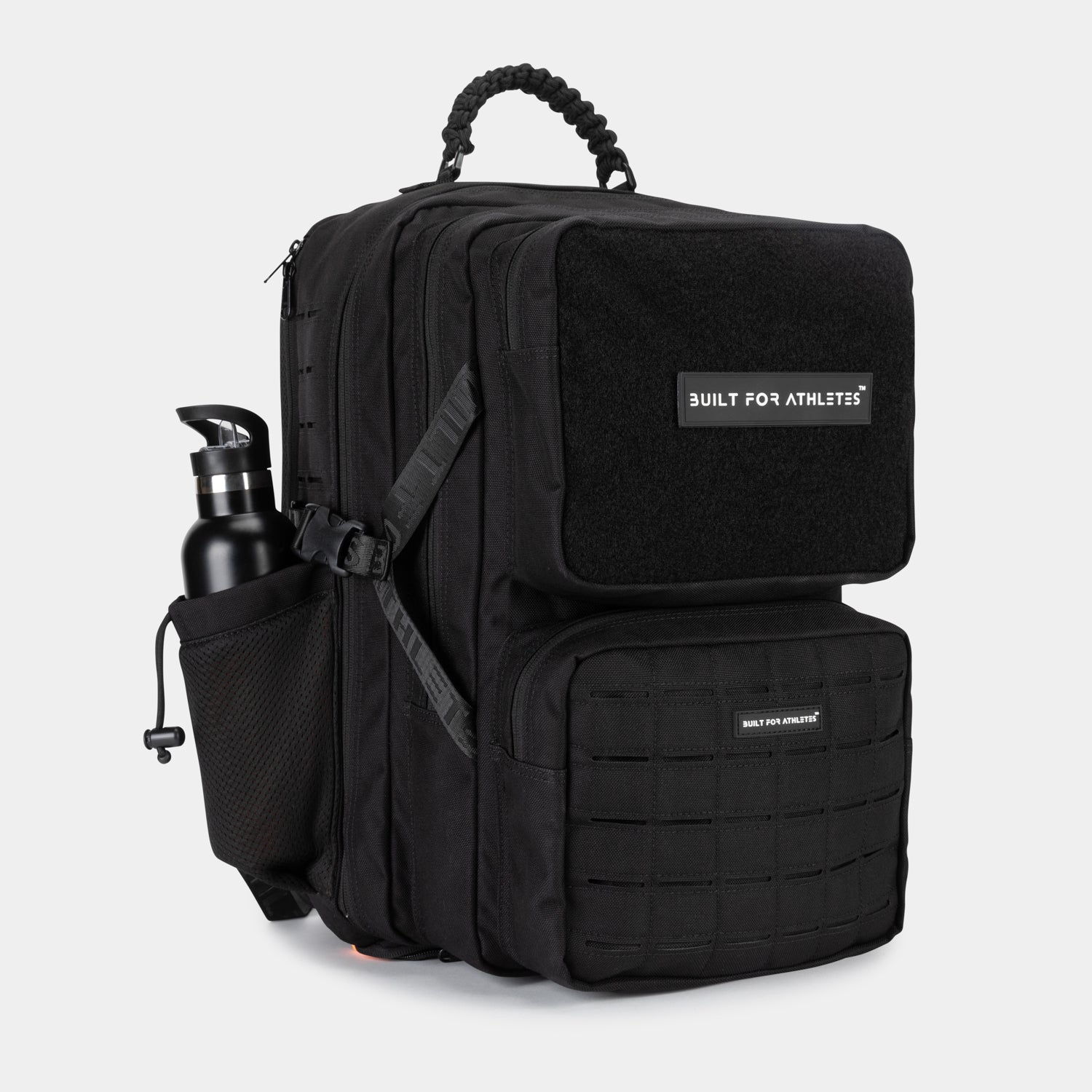







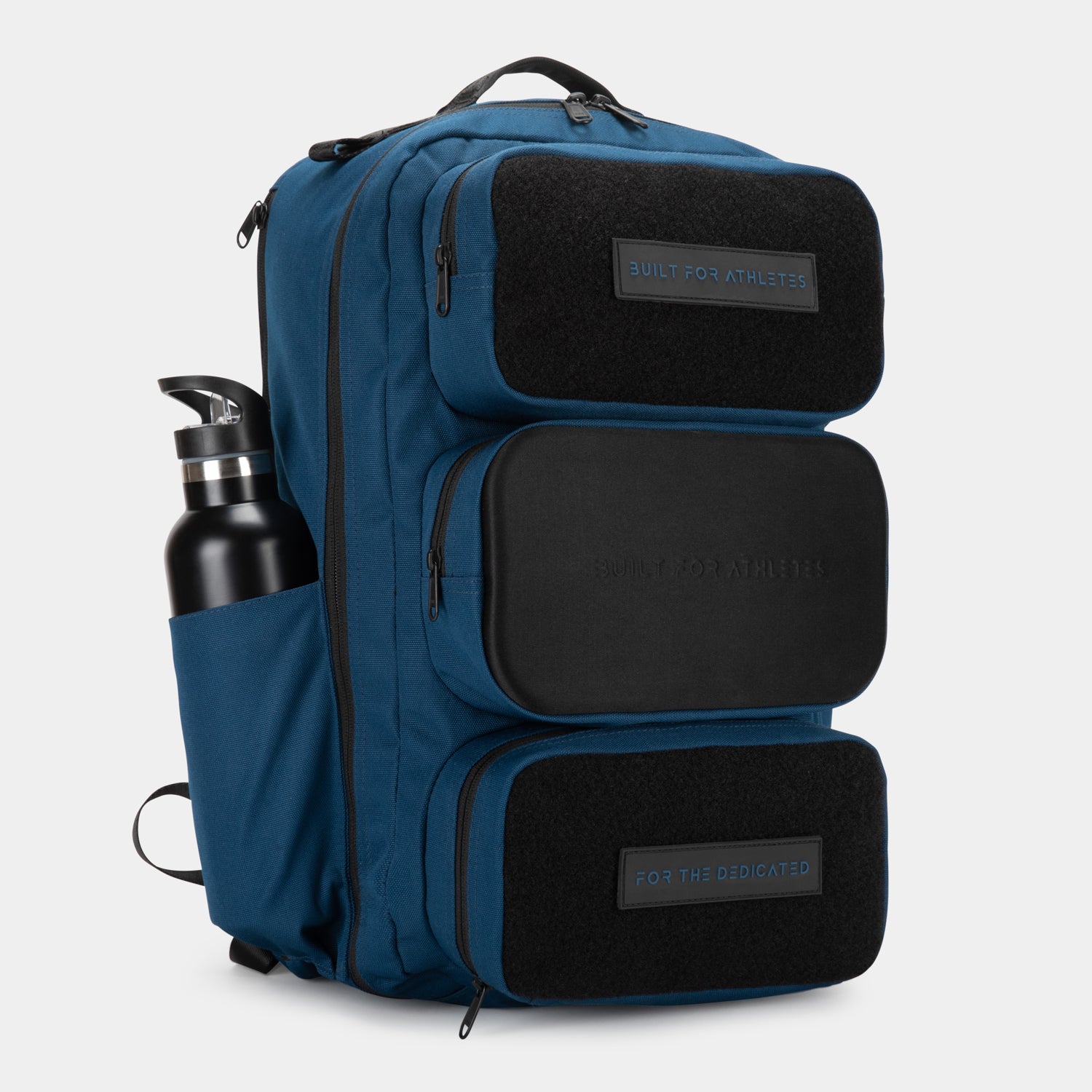











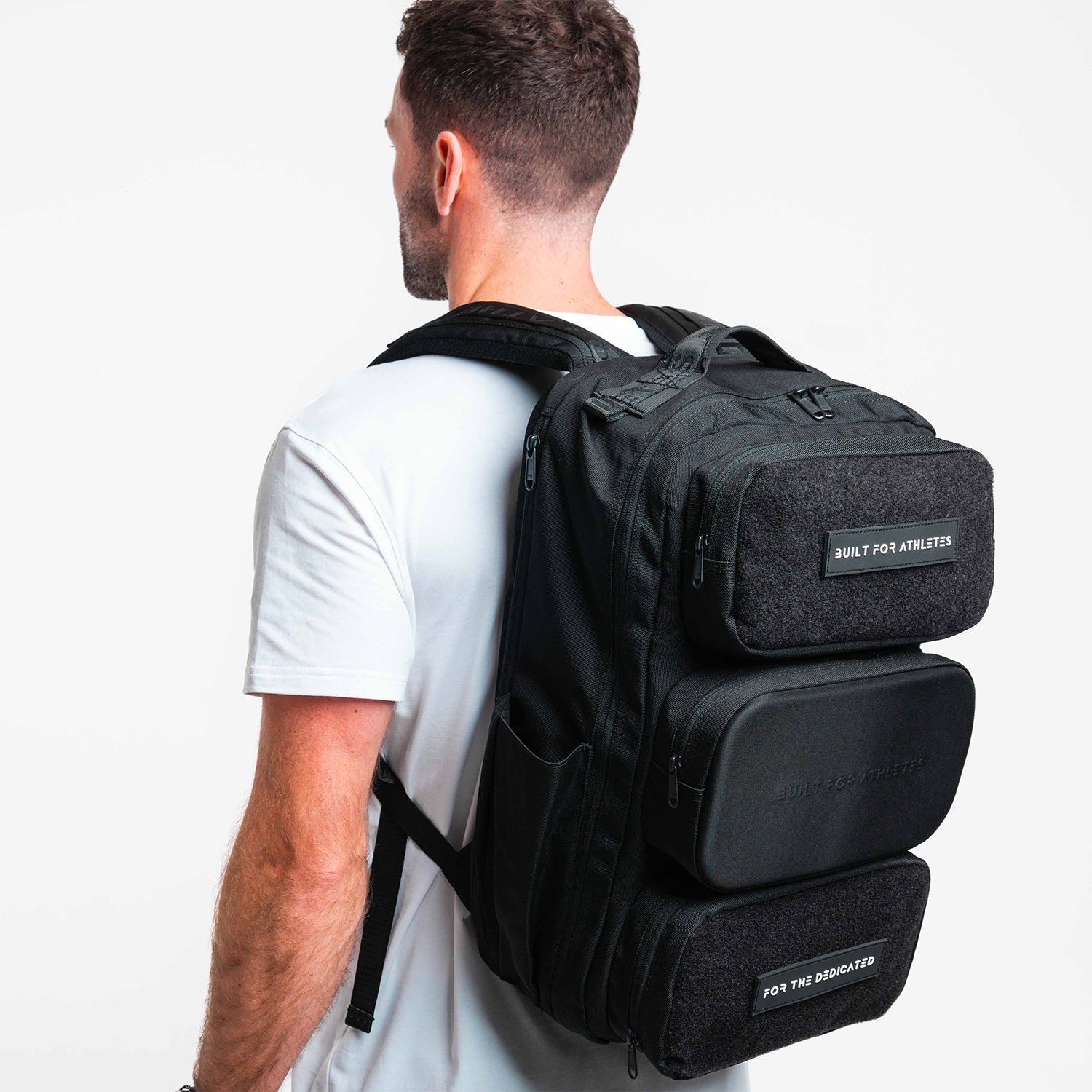

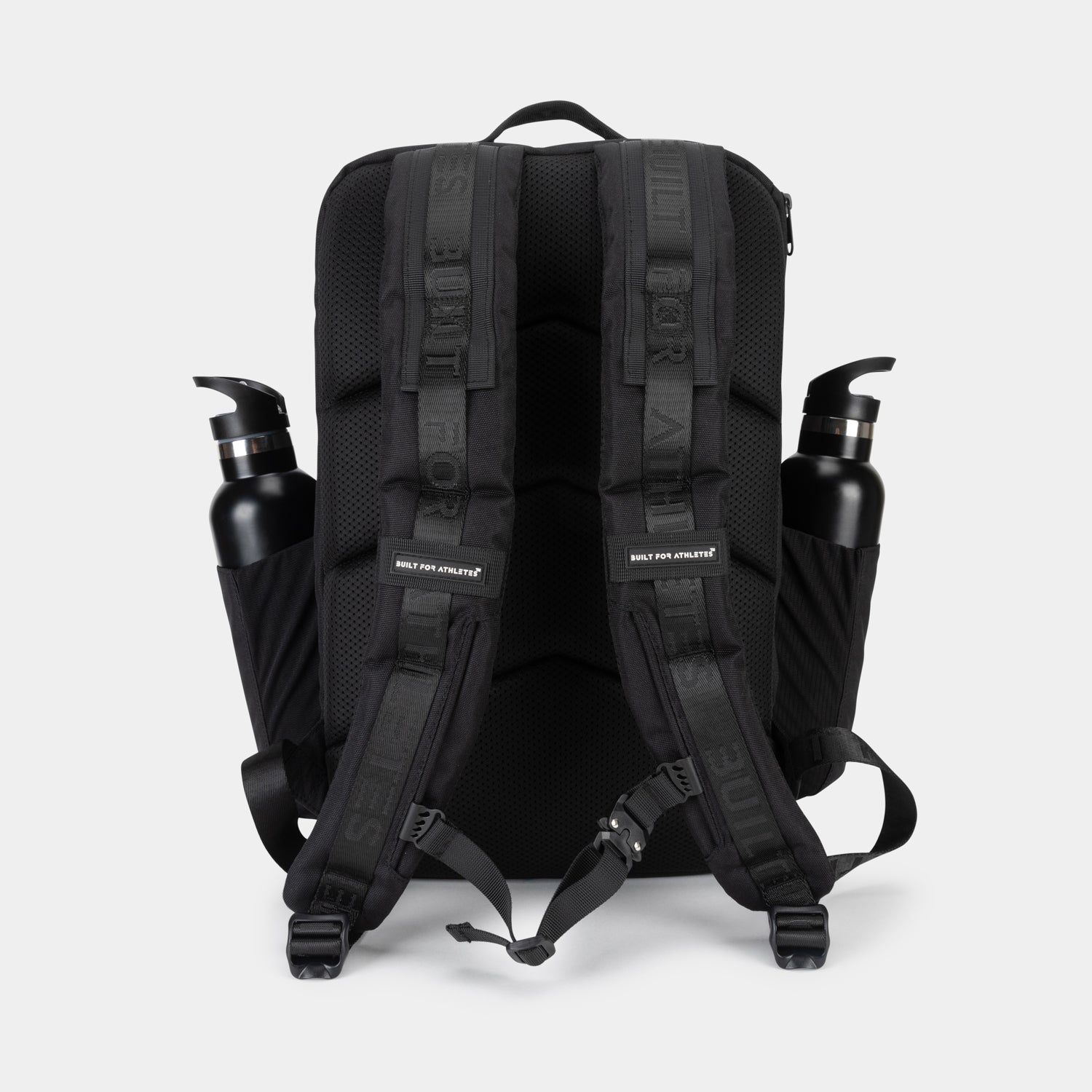










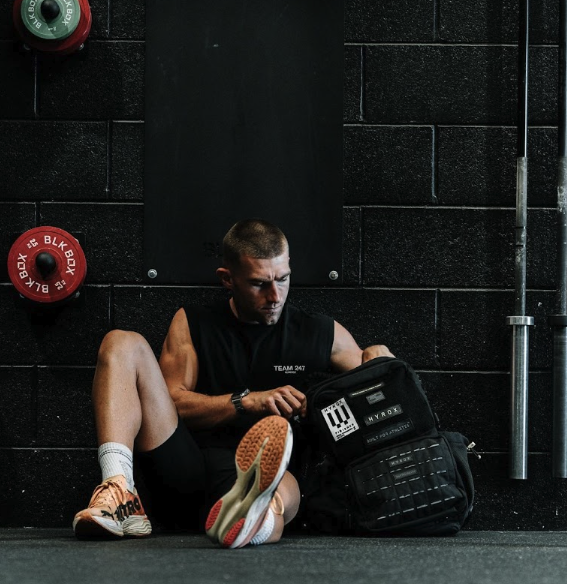
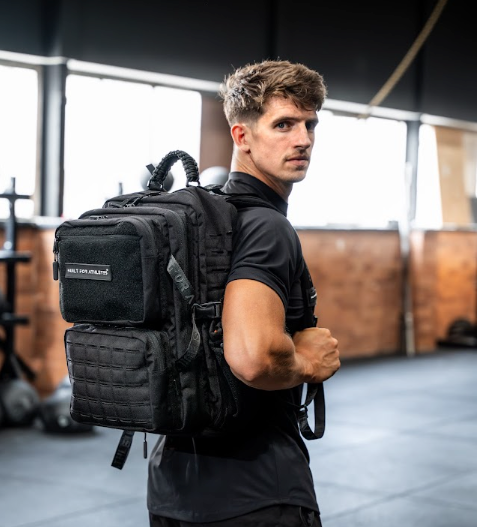

Share:
Training Twice A Day: The Pros & Cons
How Does Connor McGregor Train?